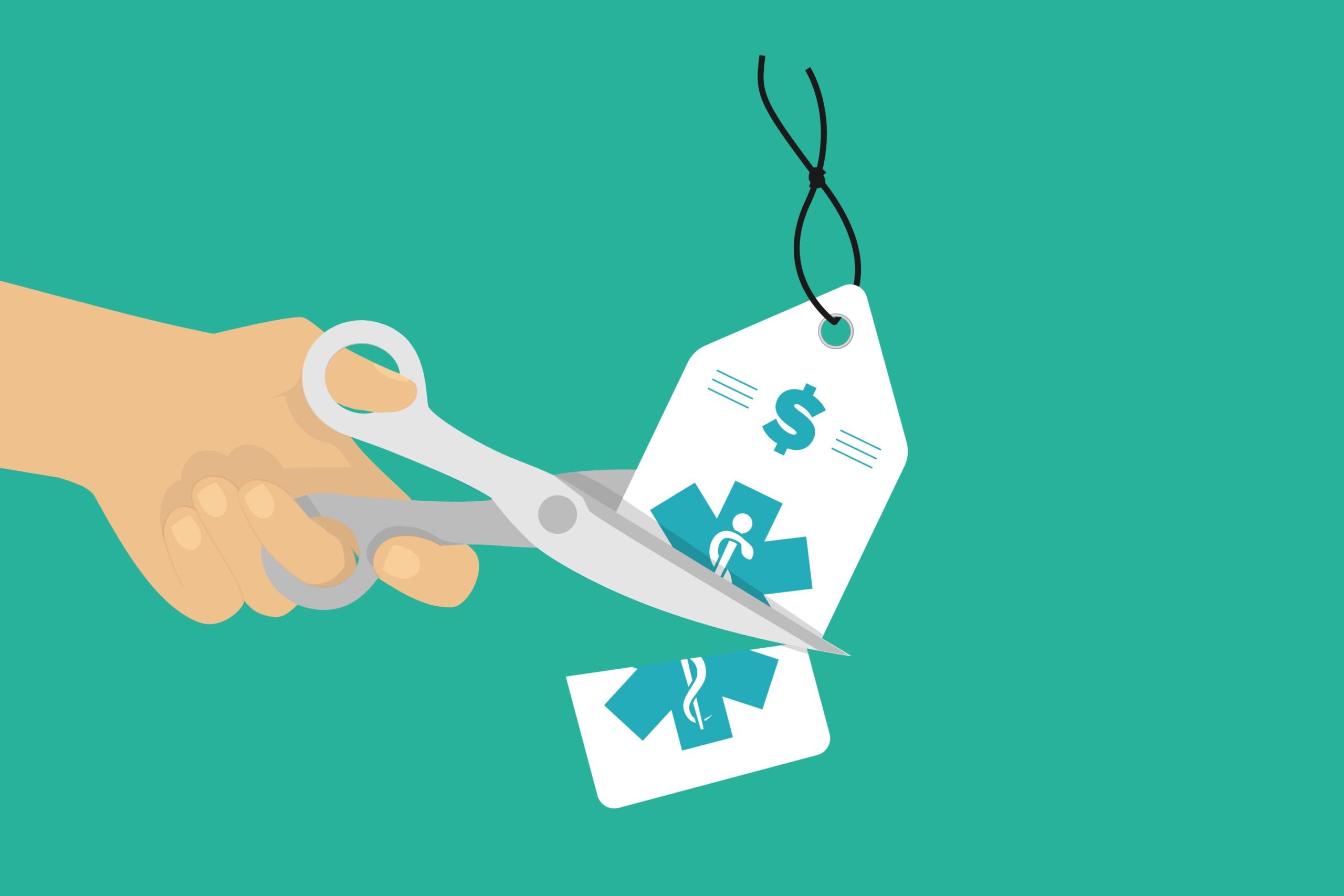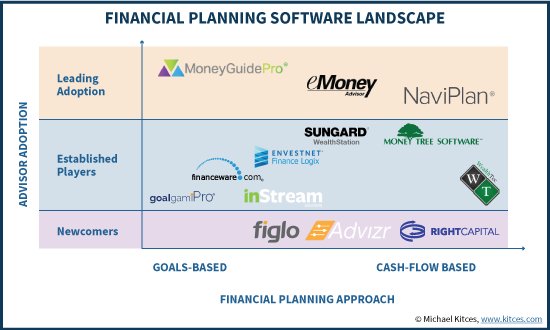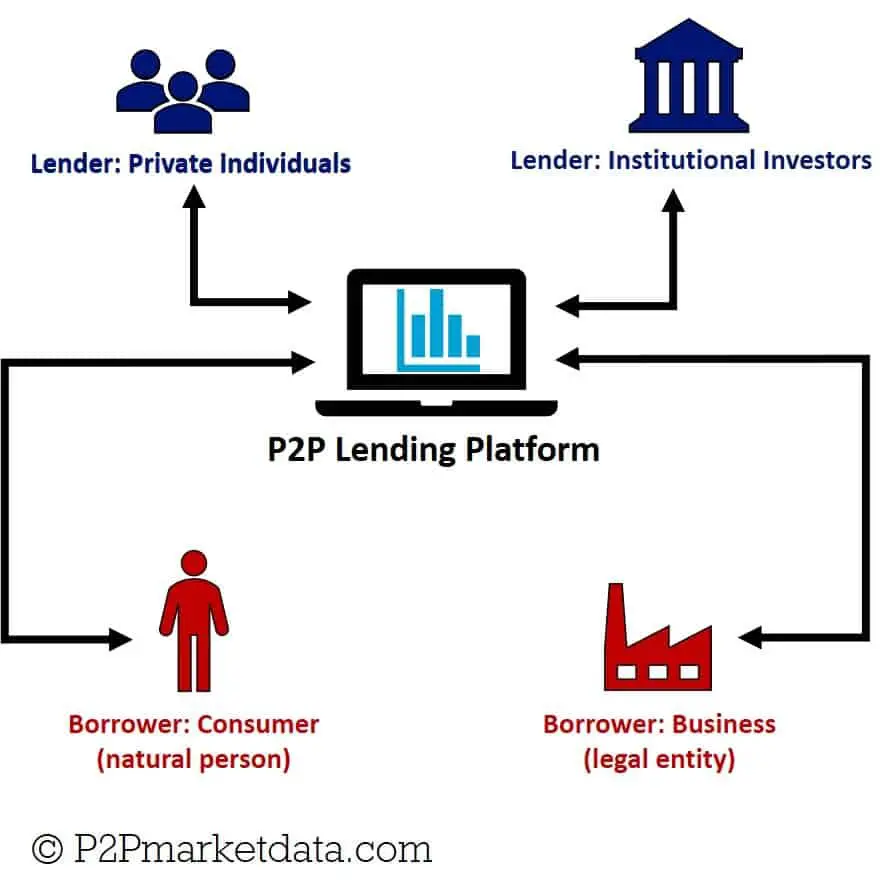Are you looking for effective strategies to save money on healthcare costs? Look no further! In this article, we will delve into practical and actionable tips that will help you navigate the complex world of healthcare expenses efficiently. From making informed decisions about insurance plans to exploring cost-saving alternatives, we will uncover savvy ways to reduce your healthcare spending without compromising on quality care. So, if you’re ready to take charge of your healthcare expenses and find strategies for saving money on healthcare costs, let’s dive right in!
Strategies for Saving Money on Healthcare Costs
Introduction
As healthcare costs continue to rise, finding ways to save money on medical expenses has become increasingly important. Whether you have health insurance or not, there are several strategies you can employ to minimize your healthcare expenses without compromising on quality. In this article, we will explore various strategies for saving money on healthcare costs, from preventative measures to smart financial choices. By implementing these strategies, you can take control of your healthcare expenses and alleviate the burden on your wallet.
1. Focus on Preventative Care
One of the most effective ways to save money on healthcare costs is by prioritizing preventative care. Taking steps to prevent illnesses and potential health issues can help you avoid costly medical treatments down the line. Here are some practices to consider:
- Schedule regular check-ups and screenings: Routine visits to your healthcare provider can help detect and address health concerns early on, potentially preventing expensive treatments.
- Maintain a healthy lifestyle: Engage in regular exercise, eat a balanced diet, and get enough sleep to reduce the risk of chronic conditions like heart disease and diabetes.
- Practice good hygiene: Washing hands frequently, getting vaccinated, and following basic health guidelines can help prevent infections and illnesses.
- Stay up to date on immunizations: Vaccines are an essential part of preventative care and can save you from the costs associated with treating vaccine-preventable diseases.
2. Shop Around for Healthcare Providers
When it comes to medical services, not all providers are created equal. By shopping around and comparing prices, you can find more affordable healthcare options. Here are some steps to consider:
- Research healthcare providers: Look for providers who offer transparent pricing and have a reputation for delivering quality care.
- Compare prices: Once you’ve identified potential providers, compare their prices for specific services or procedures. Websites, such as healthcarebluebook.com, can help you find average prices in your area.
- Consider out-of-network options: In some cases, out-of-network providers may offer more cost-effective services. However, it’s crucial to understand your insurance coverage and any potential out-of-network costs.
- Ask for discounts: Some providers may offer discounts for self-pay patients or cash payments. Don’t be afraid to negotiate or inquire about available discounts.
3. Review and Understand Your Health Insurance Policy
If you have health insurance, it’s essential to review your policy thoroughly and understand the benefits and limitations it offers. Here’s what you can do:
- Read your policy documents: Familiarize yourself with your insurance policy, including coverage details, deductibles, copayments, and out-of-pocket maximums.
- Know your network: Understand which healthcare providers are in-network and the associated costs. Going out-of-network can result in higher expenses.
- Explore telehealth options: Some insurance policies offer coverage for virtual doctor visits, which can be more cost-effective and convenient than in-person visits.
- Use preventive services: Many insurance policies cover preventive services at no additional cost. Take advantage of these services to maintain your health and avoid future expenses.
- Appeal denied claims: If your insurance denies coverage for a claim, understand the appeals process and challenge the decision if you believe it was unjustified.
4. Take Advantage of Prescription Savings
Prescription medications can often be a significant expense. However, there are several strategies you can employ to save money on prescriptions:
- Choose generic medications: Generic drugs are usually more affordable than brand-name equivalents and offer the same therapeutic benefits.
- Compare prices: Prices for prescription medications can vary widely across different pharmacies. Use online tools or call around to find the best price for your prescriptions.
- Ask for samples: If your healthcare provider prescribes a new medication, ask if they have samples available to try before committing to a full prescription.
- Consider mail-order pharmacies: Some insurance providers offer mail-order pharmacy services, which can offer convenience and potential cost savings for long-term medications.
- Explore patient assistance programs: Certain pharmaceutical companies offer assistance programs for individuals who cannot afford their medications. Check if you qualify for any of these programs.
5. Negotiate Medical Bills and Payment Plans
If you receive a medical bill that you cannot afford to pay in full, don’t hesitate to negotiate with the healthcare provider. Here are some tips for negotiating medical bills and setting up payment plans:
- Contact the provider’s billing department: Reach out to the billing department and explain your situation. They may be willing to offer a discount or set up a payment plan based on your financial circumstances.
- Seek financial assistance programs: Many healthcare facilities have financial assistance programs for low-income individuals. Inquire about these programs and see if you qualify.
- Hire a medical billing advocate: If you’re struggling to navigate the complex world of medical billing, consider hiring a medical billing advocate who can negotiate on your behalf and help you understand your options.
6. Invest in Health Savings Accounts (HSAs) or Flexible Spending Accounts (FSAs)
Health savings accounts (HSAs) and flexible spending accounts (FSAs) are financial tools that can help you save money specifically for healthcare expenses. They offer tax advantages and can be used to pay for a wide range of medical costs. Here’s how they work:
- Health Savings Accounts (HSAs): HSAs are available to individuals enrolled in high-deductible health insurance plans. Contributions to HSAs are tax-deductible, and the funds can be withdrawn tax-free if used for eligible medical expenses.
- Flexible Spending Accounts (FSAs): FSAs are offered by some employers and allow employees to contribute pre-tax dollars into an account. These funds can be used for eligible medical expenses throughout the year.
- Maximize your contributions: If you have access to an HSA or FSA, contribute the maximum amount allowed to take full advantage of the tax benefits.
- Plan your expenses: Review your healthcare needs and anticipated expenses to ensure that you use the funds in your HSA or FSA effectively. Some expenses, like prescription medications and certain medical procedures, may be eligible.
Navigating the complex world of healthcare costs can be intimidating, but by employing these strategies, you can take control and save money on your medical expenses. By prioritizing preventative care, shopping around for healthcare providers, understanding your health insurance policy, taking advantage of prescription savings, negotiating medical bills, and utilizing tax-advantaged accounts, you can make significant strides in reducing your healthcare costs. Remember, a proactive approach to managing your healthcare expenses not only benefits your financial well-being but also contributes to your overall health and well-being.
4 Tips How Anyone Can Save Money On Healthcare
Frequently Asked Questions
Frequently Asked Questions (FAQs)
What are some strategies for saving money on healthcare costs?
Here are some effective strategies for saving money on healthcare costs:
How can I find the most cost-effective healthcare providers?
To find cost-effective healthcare providers:
Are there any tips for reducing prescription drug costs?
Here are some tips for reducing prescription drug costs:
Can preventative care help save money on healthcare costs?
Yes, preventative care can help save money on healthcare costs in the following ways:
What are some options for managing chronic conditions without breaking the bank?
Here are some options for managing chronic conditions without breaking the bank:
Is it possible to negotiate medical bills with healthcare providers?
Yes, it is possible to negotiate medical bills with healthcare providers by following these steps:
Are there any discounts or assistance programs available for healthcare costs?
Yes, there are various discounts and assistance programs available to help with healthcare costs, including:
How can I make the most out of my health insurance plan?
To make the most out of your health insurance plan, consider the following tips:
Final Thoughts
In conclusion, implementing effective strategies for saving money on healthcare costs is crucial in today’s ever-increasing healthcare expenses. One cost-saving measure is to compare prices and shop around for healthcare services and medications. Utilizing preventive care and staying proactive in managing one’s health can also help reduce long-term expenses. Additionally, understanding insurance plans, including deductibles and copayments, can aid in making informed decisions. Exploring telemedicine options and utilizing generic medications are further avenues to lower healthcare costs. By adopting these strategies for saving money on healthcare costs, individuals can better navigate the healthcare system while maintaining their financial well-being.



